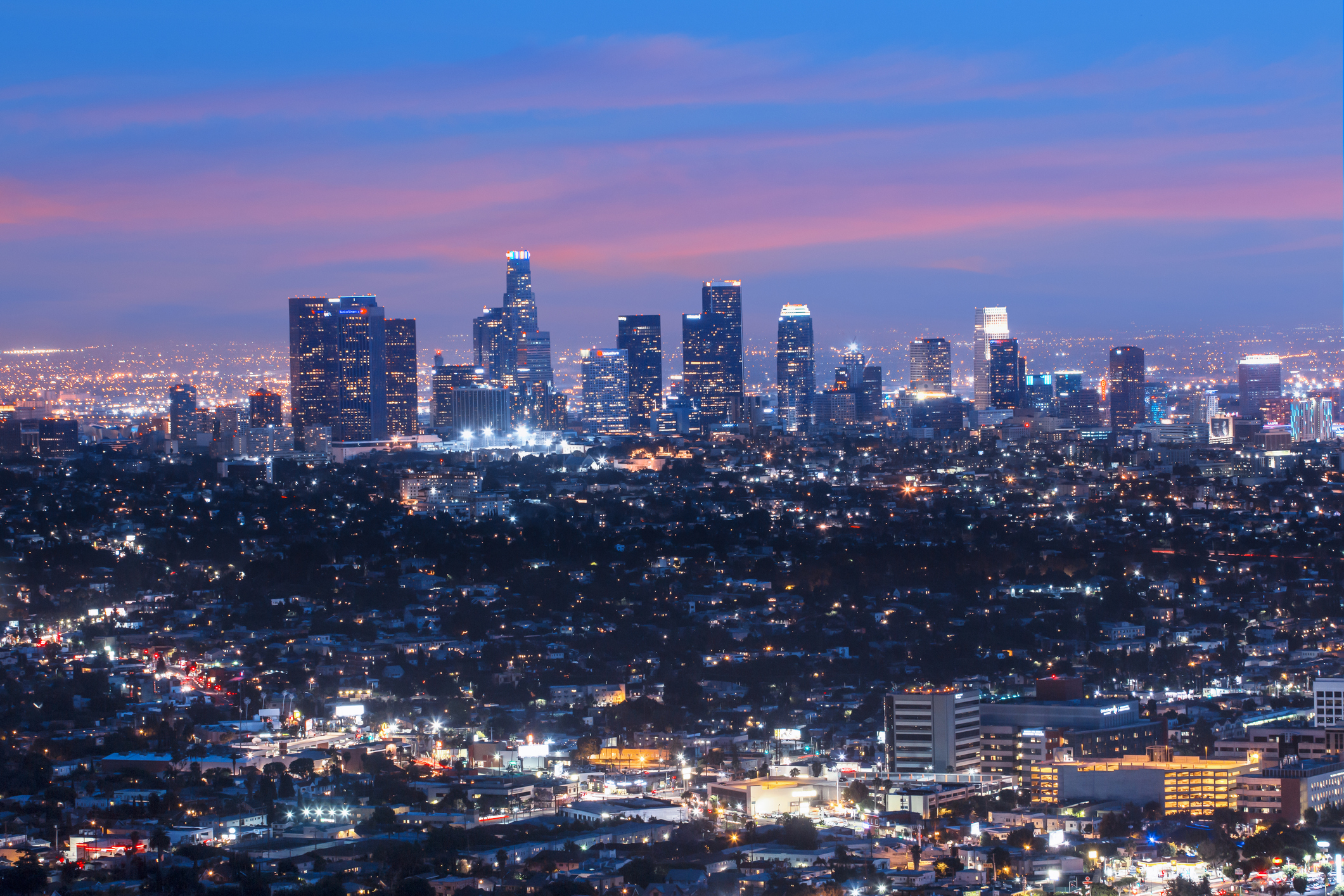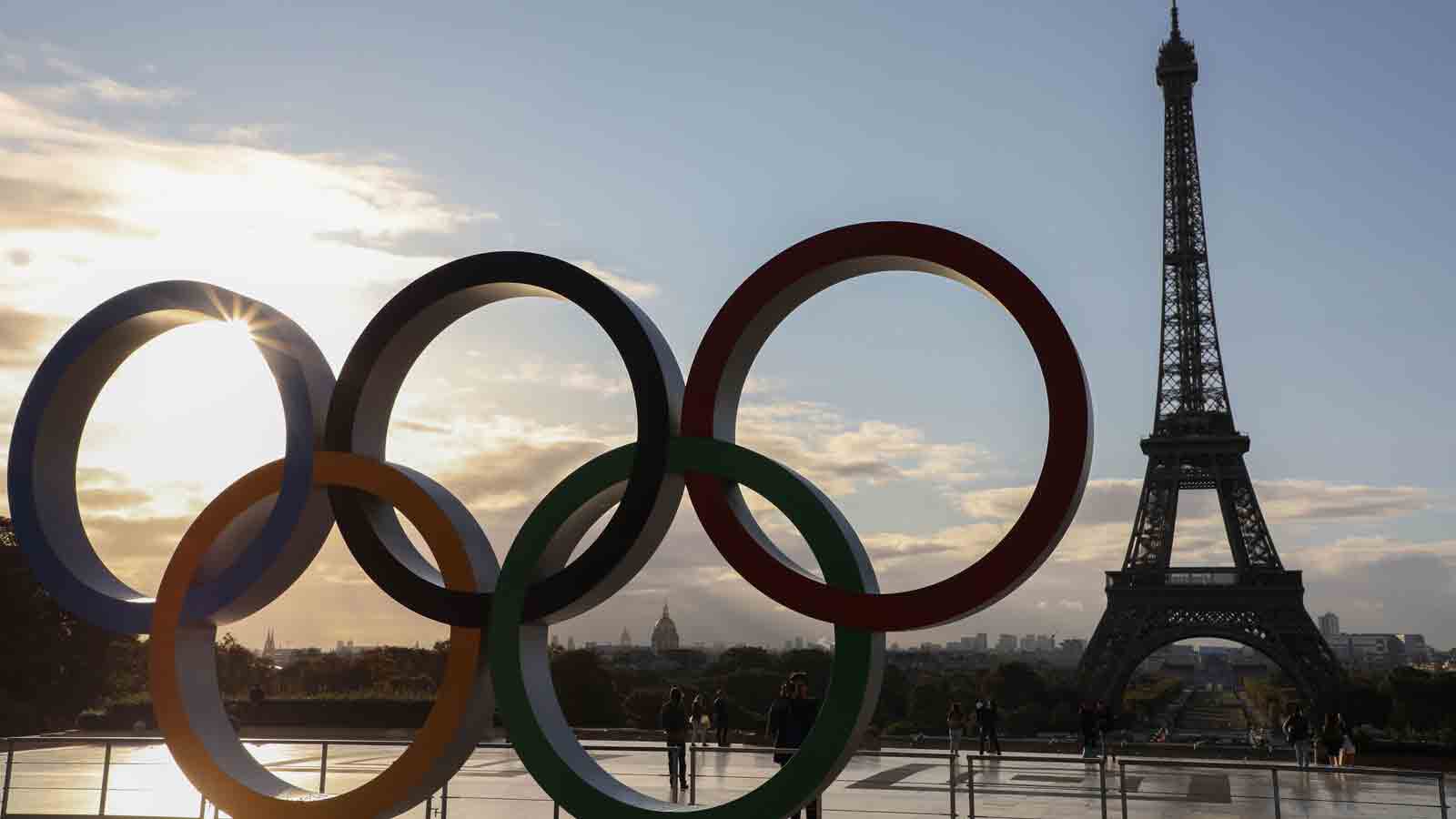Los Angeles Mayor Karen Bass and several state legislators announced on Wednesday nearly $900 million in federal funding secured to improve transportation in and around LA ahead of the 2028 Olympics and Paralympics.
They said the funding is not only for the games but for long-lasting improvement for everyday commuters.
“The people of Los Angeles will see the benefits before, during, and well after the Olympics,” Sen. Alex Padilla in a press conference Wednesday.
But is this enough money to impact traffic in the city?
Get top local stories in Southern California delivered to you every morning. Sign up for NBC LA's News Headlines newsletter.
According to the mayor’s office, LA Metro will receive nearly $710 million for the East San Fernando Valley Light Rail Transit Project, and sections two and three of the “D” line (Purple Line) subway extension. Another $160 million will fund street and transit infrastructure, traffic safety, and connect communities.
“I look forward to more accessibility and easier travel for Metro's current riders and for future riders as we continue preparing to be on the world stage,” Bass said at the press conference.
James Moore, founding director of the University of Southern California’s transportation and engineering program, looked at the numbers and told NBC4 that $870 million, primarily for the rail system, is not enough to seriously get people moving ahead of 2028.
“They claim that the rail system is the backbone of their plan for the Olympics and they've always claimed that the rail system is the backbone of their transit plan, and yet, the rail system has been greatly diminishing. Transit ridership as quickly as we've invested money in it ... we've basically been driving people off the system,” Moore explained.
“If they actually want to get this right, they're going to need a lot more transit capacity than they have or can ever deliver with these incremental rail projects,” Moore advised.
Moore suggests the only way the city can prepare for the Olympics is if its leaders start to allocate billions into buses.
“Because you don't have to build exclusive gateways for busses if you want to maximize their utility, you can set aside some space on streets,” he said.
As for a long-lasting impact, Moore adds that they’ll have to convince LA drivers that public transit is more convenient.
“We get it right and we make it work. That could mean a different kind of life in Los Angeles for a lot of people in the long run,” he concluded.
Safety has also been a big concern for those riding the Metro. While this wasn’t mentioned in their federal funding announcement, Metro allocated nearly $290.5 million in its own fiscal budget this year to improve safety.
In the most recent reports out of Paris, the host city of the 2024 Summer Olympics is concerned about being ready for the amount of people and traffic coming despite the railway expansions they’ve done. They’ve also increased their budget by billions of dollars to prepare.



